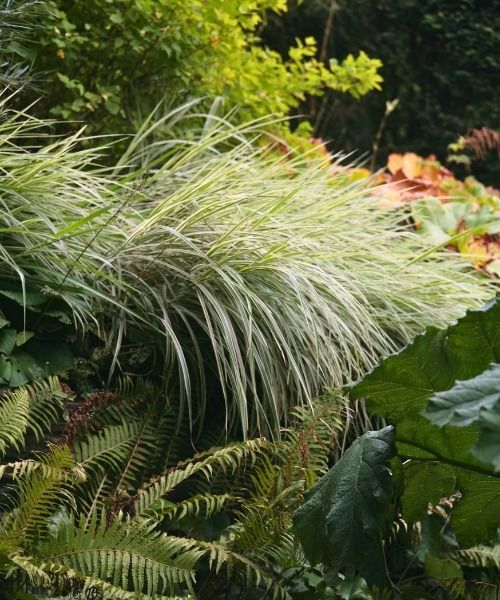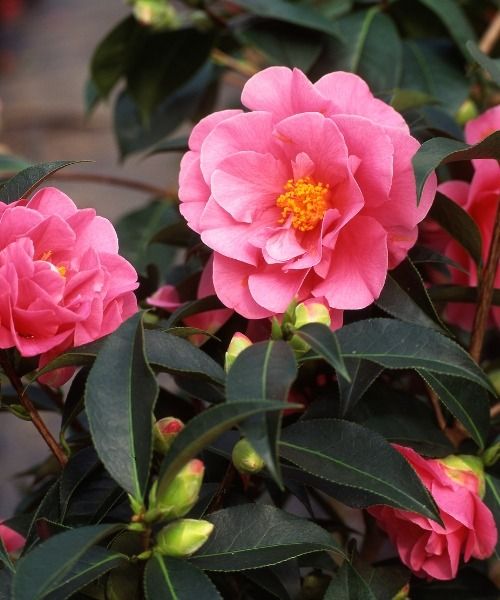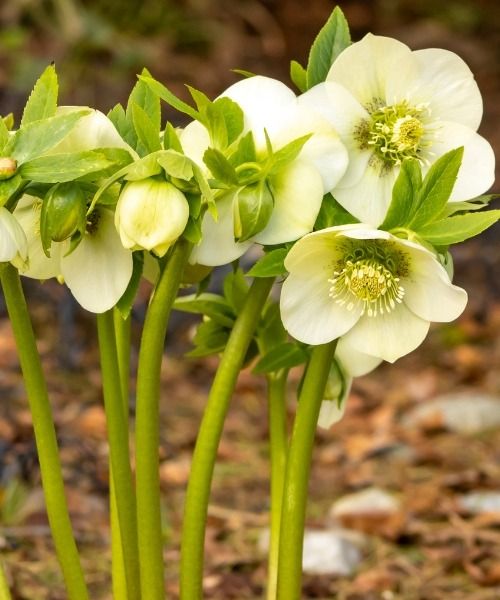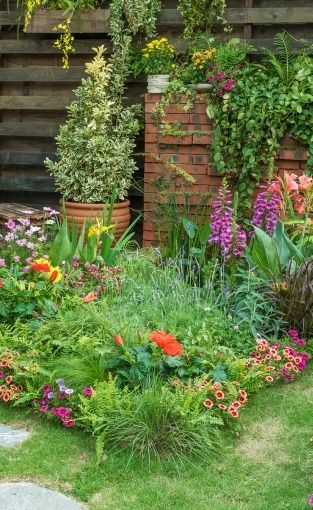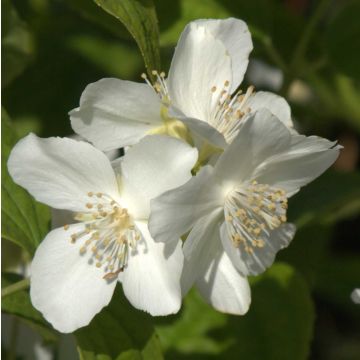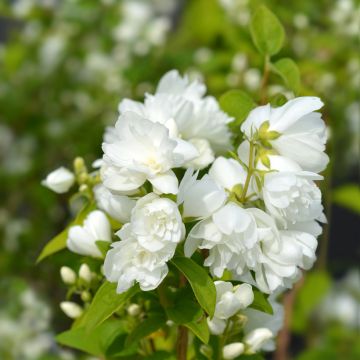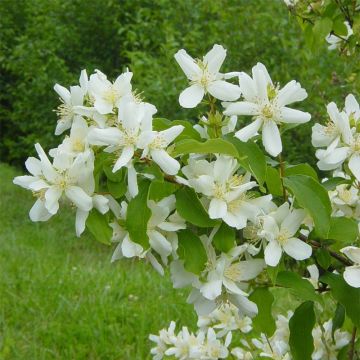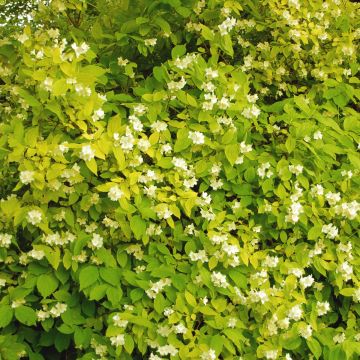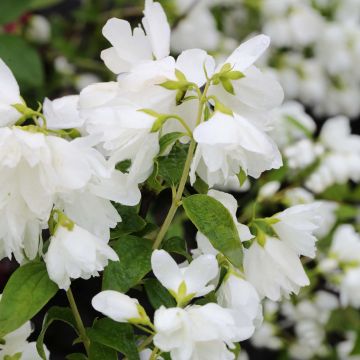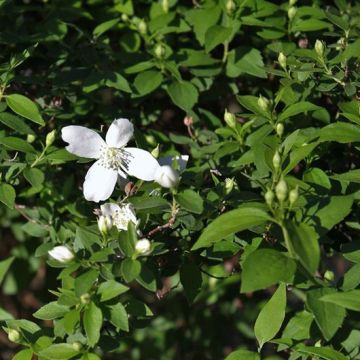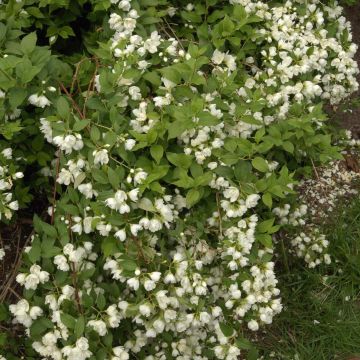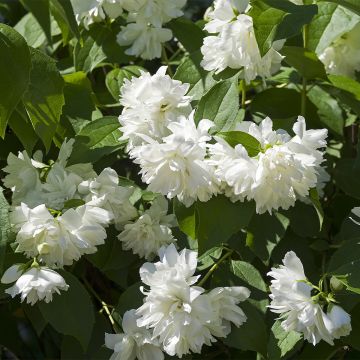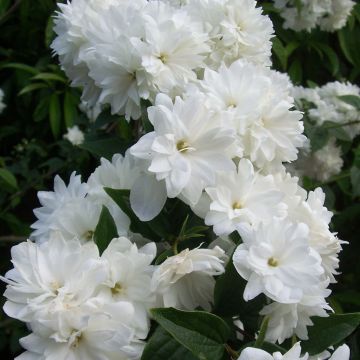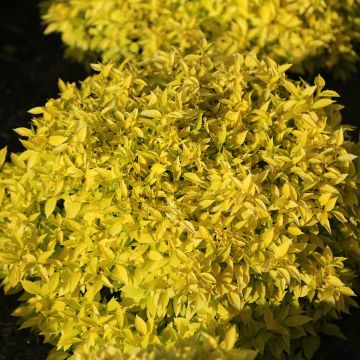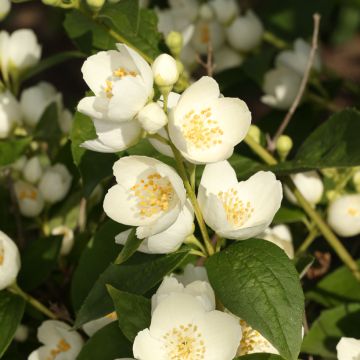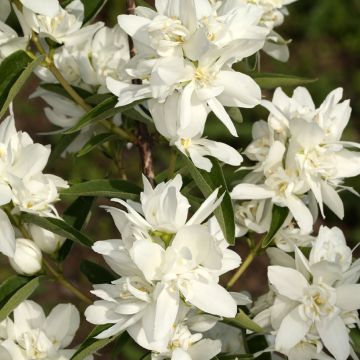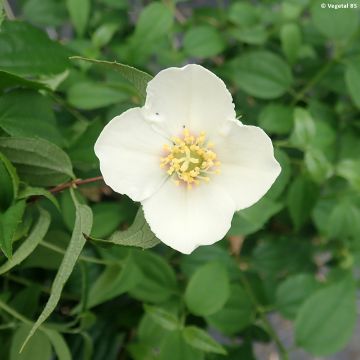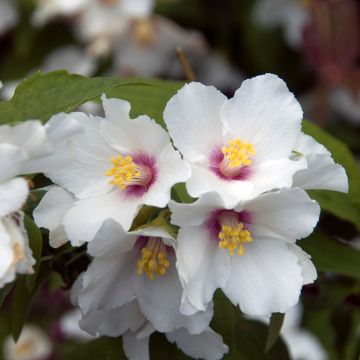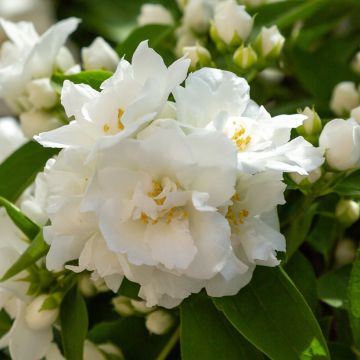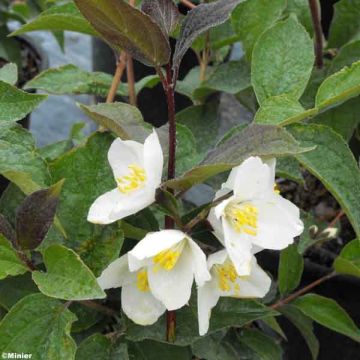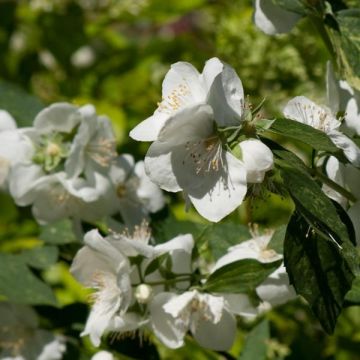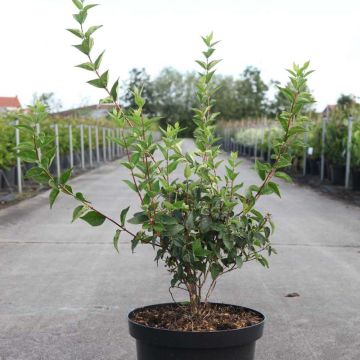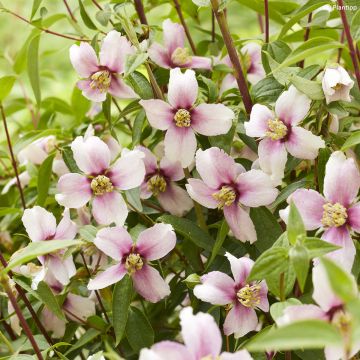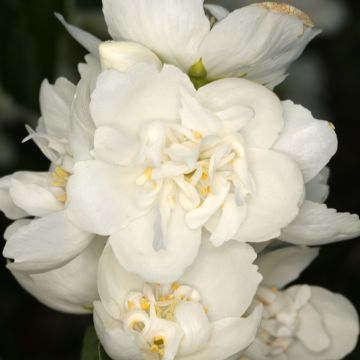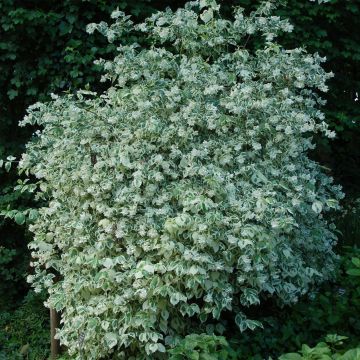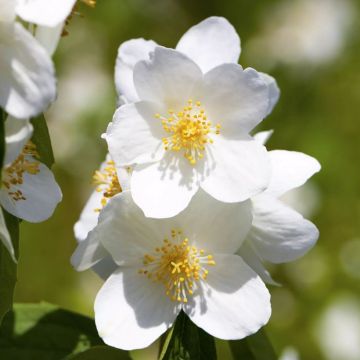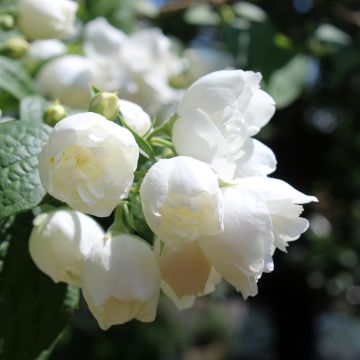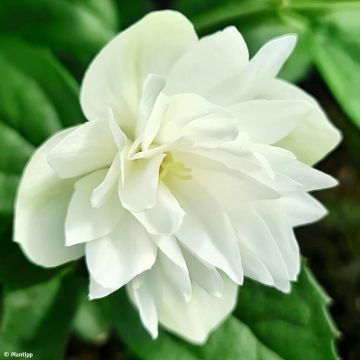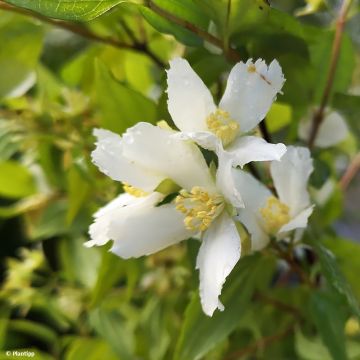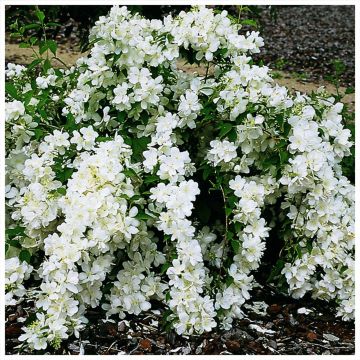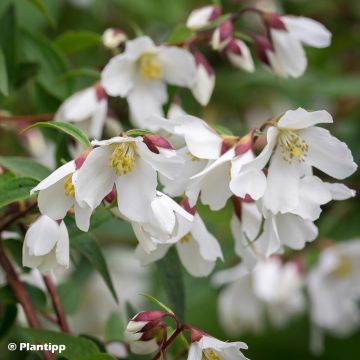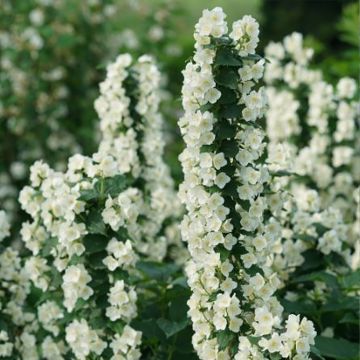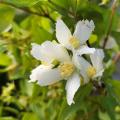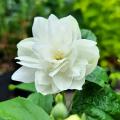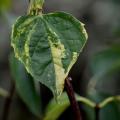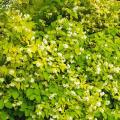Fragrant Philadelphus
Does this plant fit my garden? Set up your Plantfit profile →
Available in 4 sizes
Available in 2 sizes
Available in 3 sizes
Available in 4 sizes
Available in 3 sizes
Available in 1 sizes
Available in 2 sizes
Available in 2 sizes
Available in 2 sizes
Available in 2 sizes
Available in 1 sizes
Available in 1 sizes
Available in 1 sizes
Available in 1 sizes
Available in 2 sizes
Available in 1 sizes
Available in 2 sizes
Available in 2 sizes
Available in 2 sizes
Available in 1 sizes
Available in 1 sizes
Available in 1 sizes
Available in 1 sizes
Available in 2 sizes
Available in 1 sizes
Available in 1 sizes
Available in 1 sizes
Available in 1 sizes
Available in 1 sizes
Our most fragrant Mock Oranges. These are deciduous bushes with white flowers so aptly nicknamed "poet's jasmine" due to the intense scent of orange blossom that fills the air when they are in bloom, usually in June. The Philadelphus with single flowers are considered the most fragrant, especially Philadelphus coronarius, a large rustic bush that requires no special care and will not disappoint, regardless of region. But also some hybrids by Victor Lemoine such as Philadelphus x lemoinei, the varieties 'Innocence', 'Avalanche', 'Virginal' or 'Fleur de Neige'. There are also fragrant Mock Oranges among more modern cultivars. Philadelphus Pearls of Perfume, for example, a small-sized bush more suitable for small gardens and container growing, offers very long double flowering that is nonetheless highly scented between May-June and August. 'Little White Love', even more compact, produces large, remarkably scented flowers in early summer.
A must-have in a scented garden, the Mock Orange is a hardy bush, resistant to drought and diseases, which will thrive in any ordinary soil. It is almost foolproof and even flowers in the shade. Plant it not far from the house, but in a free hedge or shrub border, as it has a rather ordinary appearance outside of flowering season.
Haven't found what you were looking for?






























